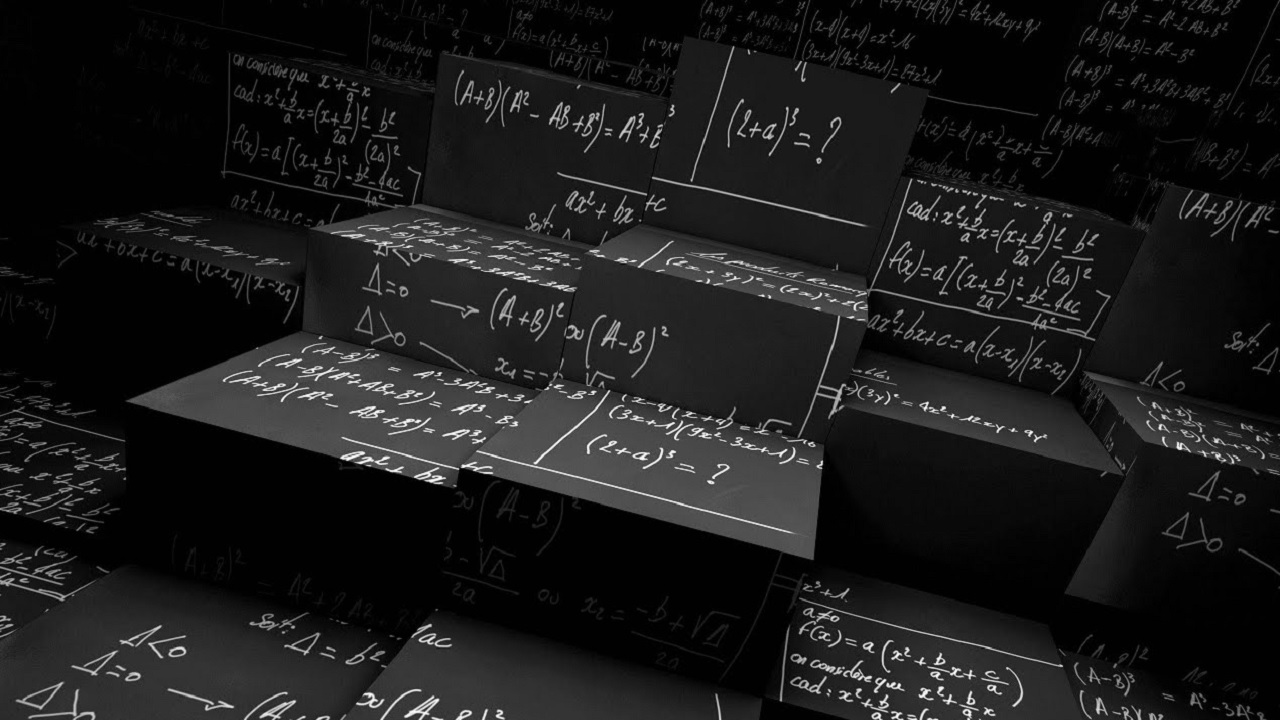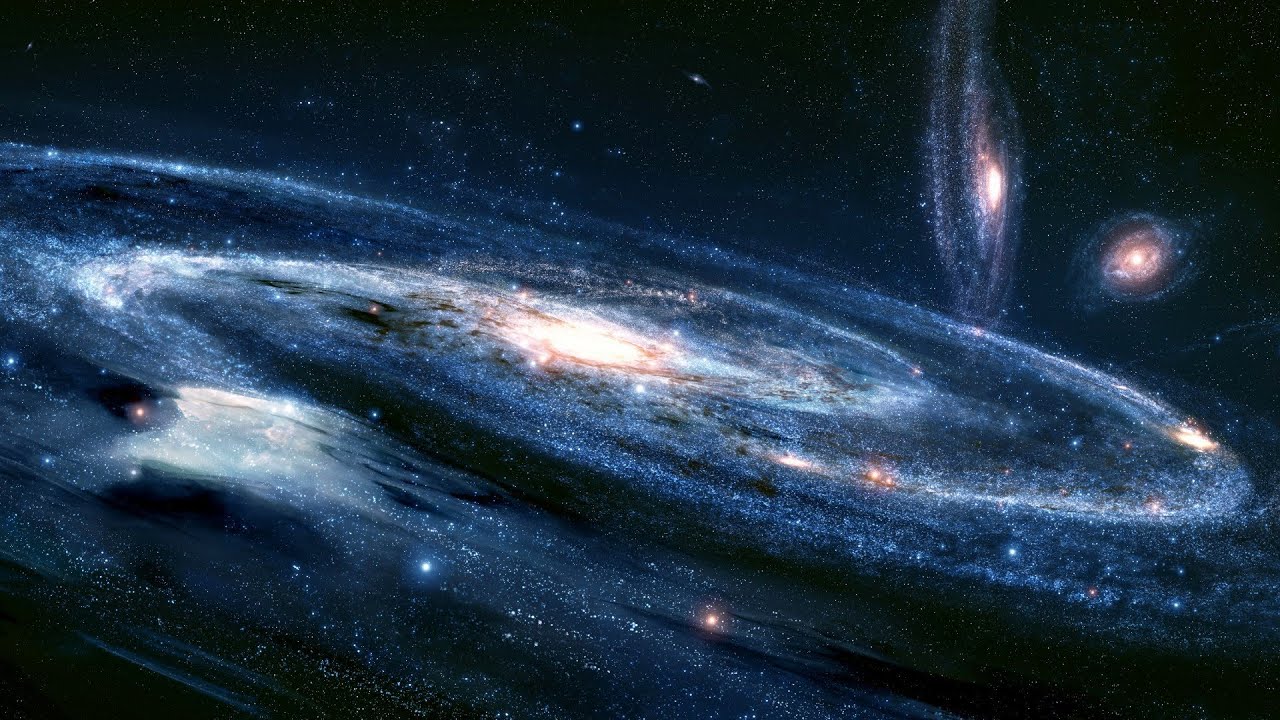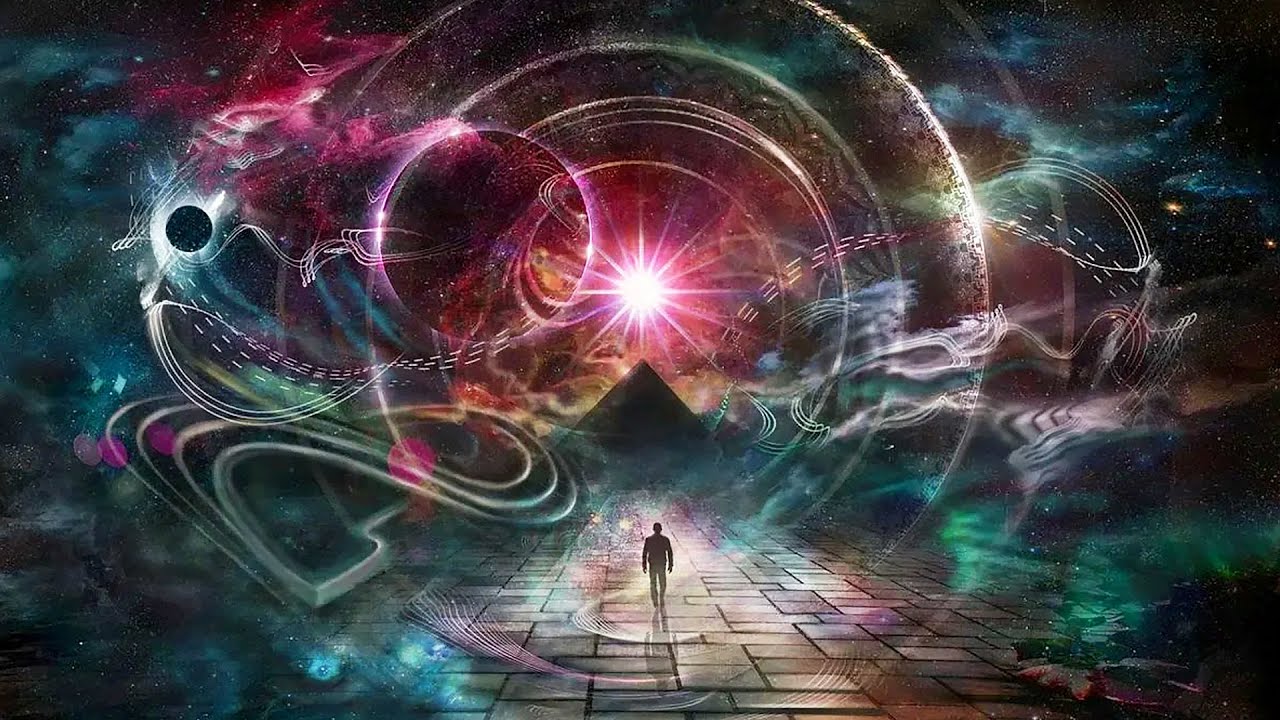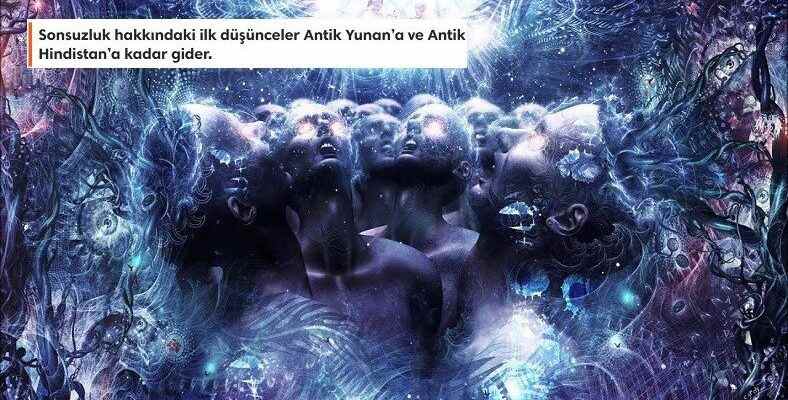Does everything really have an end? Is there an end to numbers, the universe, or god? The concept of infinity is a concept that is examined in these three basic areas. Some have concrete theories, while others are just ideas. Let’s get to know this concept we call infinity a little more closely.
What is the concept we call infinity? Infinity is a concept studied in metaphysics, physics and mathematics. There is no end to the universe, numbers and god in other words, it is discussed in these areas that it is infinite.
Metaphysics claims that not only God, but also thought produced by something absolute is infinite. Like integers, the diagonal of a square is infinity. We do not know whether the universe is truly infinite, but there is no end that we can see right now. So the concept of infinity is really a bit confusing. Come on, what is this infinity, are there infinite things? Let’s take a closer look at it.
What is infinity?
Infinity, which comes from the Latin word Lemniscate, in its most basic definition. means something that has no end. The concept of infinity is mentioned in mathematics, physics and metaphysics. Whether something must have a beginning for it to be eternal is a matter of debate.
Even if we use expressions like ‘infinite number’, this statement is incorrect because it is not actually an infinite number. First thoughts about eternity Ancient Greece and Ancient India until it goes. However, people living in ancient times discussed the concept of infinity on a philosophical basis rather than its abstract counterparts.
The concept of infinity in mathematics:

What we use today in mathematical operations The infinity sign was introduced by John Wallis in 1655. Although it is a mathematical symbol, over the years and with the influence of popular culture, it has also become used in mystical fields. The first name to talk about infinity in the field of mathematics is the Ancient Greek philosopher Pythagoras.
Pythagoras and his students, who lived between 570 and 495 BC, continued as 0, 1, 2, 3… that integers are infinite they discovered. Realizing that they could not compare the diagonal of a square and the side of the same square, Pythagoras and his students showed that this ratio is an infinite irrational number and can only be expressed as √ 2 , 1.414213562….
Aristotle, who lived between 384 and 322 BC; because somehow it can be counted to infinity potential infinity, spatial and temporal infinity true infinity defined as. Archimedes, who lived between 287 and 212 BC, found the extinction method based on halving a region and talked about the theory of extinction forever.
Isaac Newton and German mathematician Gottfried Leibniz in the 1600s; used to calculate derivatives and slopes. small infinite number theory they posed. This theory was confirmed by the mathematician Abraham Robinson in the 1960s. The clearest definitions of infinity in mathematics were made years later as a set of counting numbers and a set of points on a line.
The concept of infinity in physics:

The concept of infinity, which can be represented by many concrete formulas in mathematics, is somewhat ambiguous in the field of physics. because space, time, divisibility, dimensionality Even though the definition of infinity, which should be sought in concepts such as, is often supported by predictions, the result is uncertain.
The Big Bang occurred 13.8 billion years ago and the universe was formed. Objects emitting light on that first day are now 46 billion light years away. The universe that we can see as humanity is extremely limited and The frontier we see doesn’t quite look like the endpoint. We don’t know the size of the universe because the universe is flat like a piece of paper.
Scientists who draw an endless future scenario for the universe; We know that galaxies will move further and further apart, stars will turn to dust and the rest to radiation. that space will continue they claim. Scientists who draw a finite future scenario for the universe that a cosmic catastrophe could destroy the universe, They say that space could collapse to a point, or that a parallel layer of space could crash into the universe as we know it.
If matter were infinitely divisible, we could say that the universe is infinite with a system similar to the extinction theory. However Quantum mechanics deals a decisive blow to this theory of infinite divisibility. There are often fictional theories, such as that there is an infinite dimension other than the dimensions we know, and that physical reality is infinite in dimension. To sum it up, the universe may or may not be infinite, but it seems more likely to be infinite. However, it is impossible to say for sure at the moment.
The concept of infinity in metaphysics:

As in the verse we mentioned in the introduction, most of the religious beliefs that created life is fleeting and they claim that only the creator is eternal. Even early theologians like Plotinus always spoke of a single absolute, emphasizing its eternity.
Another thing that is not God but is claimed to be infinite because it is related to the absolute infinite is thought. Bernard Bolzano, a mathematician who lived from 1781 to 1848; showed one thought as T and another thought as T*, and if each new thought goes as T, T*, T**, T*** thought is endless he said. This concept, which is called the absolute, forms the basis of what is called P in the field of logic and from there to the principle of reflection.
Even if the concept of God is evaluated in the field of metaphysics, the concept of the Absolute and the logic system are actually It has led to some definitions that form the basis of different sciences. If we look at it in this context, the abstract theories that were put forward as a result of the infinity discussions started on a philosophical basis hundreds of years ago have become concrete science objects.
On the question of what is infinity, it is done in different fields. we talked about definitions of infinity and we tried to get to know this concept a little more closely. What comes to mind when you think of infinity? You can share your thoughts in the comments.
